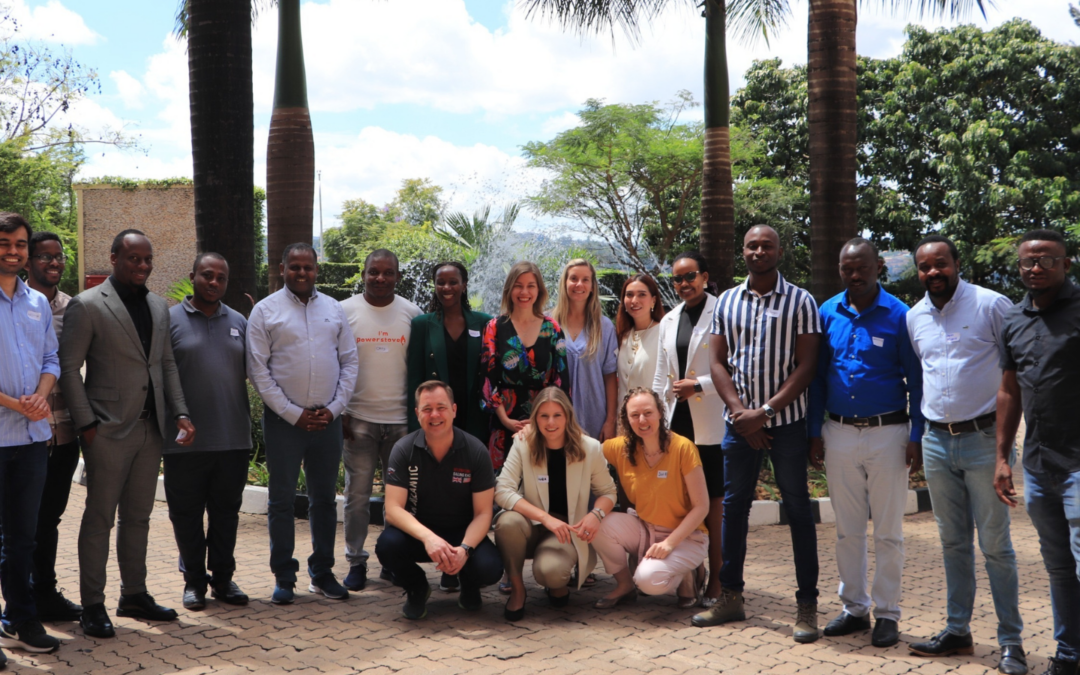
Smart Energy Solutions for Africa Third Regional Event and Policy Dialogue in Kigali, Rwanda
Kigali, 22 April 2024 – The Smart Energy Solutions for Africa (SESA) project, funded by the Horizon 2020 programme from the European Commission, is thrilled to announce the Third Regional Event, Invest & Procure Summit, and Policy Dialogue in Kigali, Rwanda, from the 22nd to the 26th of April 2024.
The project aims to provide energy access technologies and business models for sustainable development in Africa. The SESA consortium’s commitment to engaging with regional authorities, local authorities, and citizens takes centre stage in this event, hosted by the University of Rwanda (UR), a consortium member of the SESA project. The event is supported by SESA Consortium members: ICLEI Africa, ICLEI Europe, Technical University Berlin, Smart Innovation Norway, F6S, and Siemens Foundation.
The event offers a unique opportunity for participants to engage in knowledge sharing, discuss challenges, and explore best practices with representatives from the consortium partners and various African countries. The event will also provide insights into the successful implementation of SESA sustainable energy solutions in Kigali, Rwanda.
“The Regional Event in Rwanda is the perfect platform to discuss, exchange and learn about practical energy solutions not only among the participating SMEs but also to further engage with the policy makers about regulatory needs. The clean energy investment in Africa needs to double to increase electricity access, and to create a social and economic impact more capacity building across diverse groups is required, particularly focusing on women” shared Magdalena Sikorowska from ICLEI European Secretariat, SESA Project Coordinator.
Acting as an integral element of the SESA project, the Third Regional Event and Policy Dialogue workshops form part of the Regional Capacity Building activities. In Rwanda, the project collaborates with stakeholders to identify barriers and policy gaps in energy technology solutions. This analysis will guide refined policy recommendations and the scaling of technologies into innovative business models for sustainable energy.
“Hosting the SESA Regional Event and policy dialogue is a good opportunity where the University of Rwanda is able to inform policy makers about the project’s research finds on smart energy solutions, general developments and in return receive inputs from industry actors, public representatives, private sectors and academia for improvement on the deployed activities” as stated by Gasore Geoffrey and Jean-Marie Bikorimana lecturers at University of Rwanda and UR-SESA team.
The agenda includes various workshops starting with the business mentoring for the beneficiary start-ups from the SESA Call for Entrepreneurs 2023, the SESA Invest & Procure Summit, the official Energy Policy Dialogue and an open session about peer-to-peer exchange between European cities and African cities complemented by capacity building.
About SESA
SESA (Smart Energy Solutions for Africa) is a collaborative project between the European Union and nine African countries aimed at providing energy access technologies and business models. It facilitates the co-development of scalable and replicable energy access innovations, to be tested, validated, and later replicated throughout the African continent.



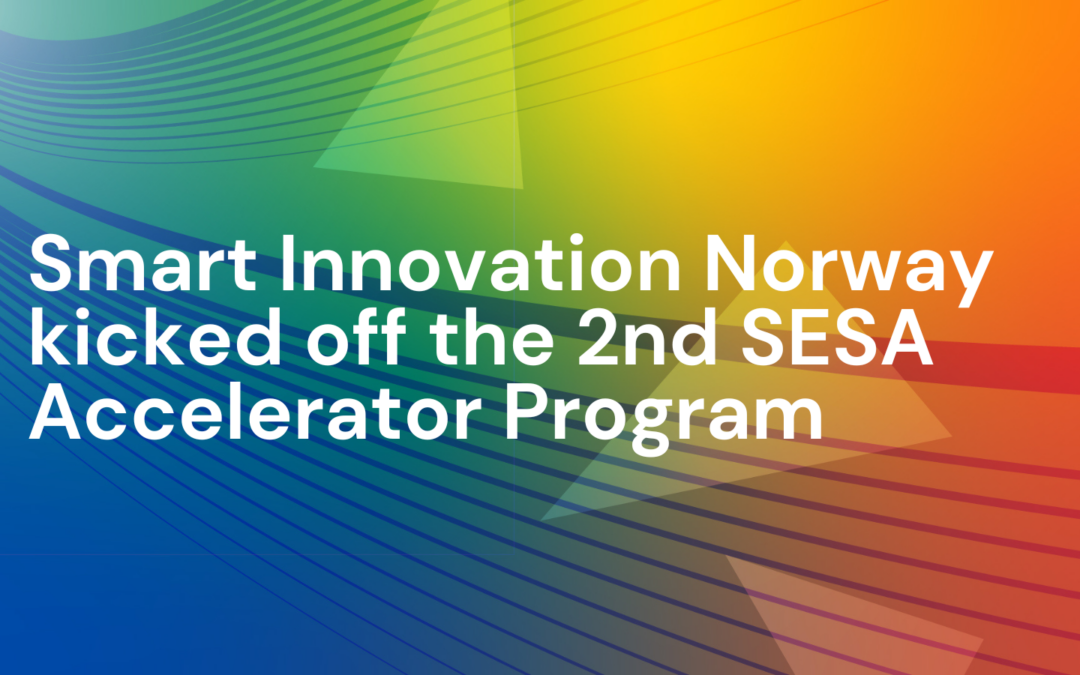

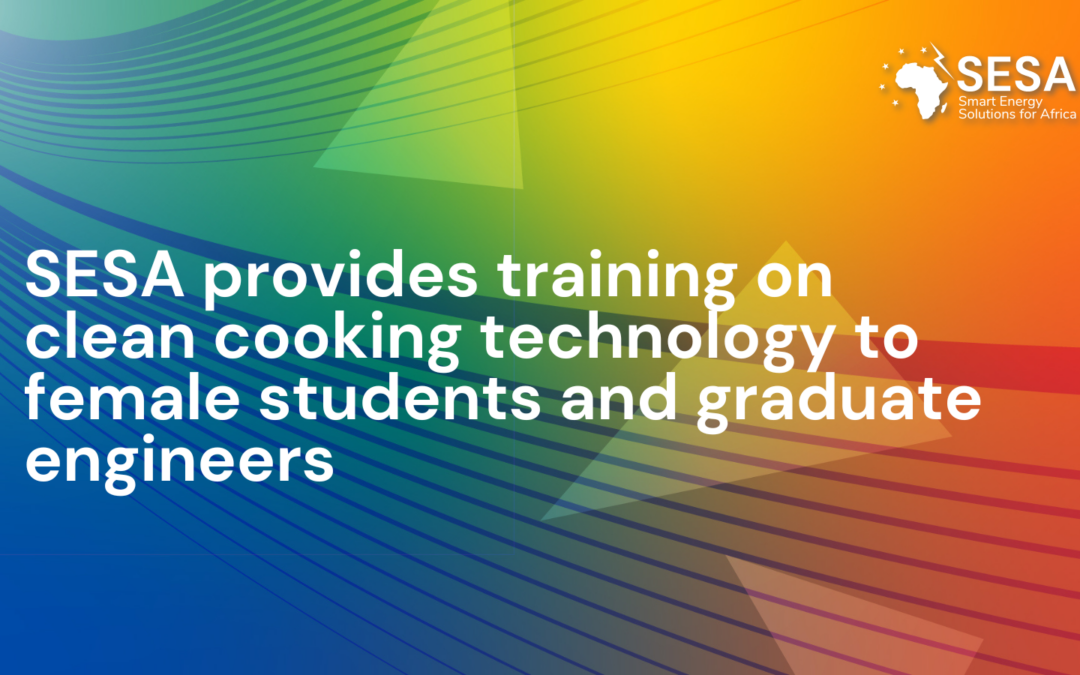
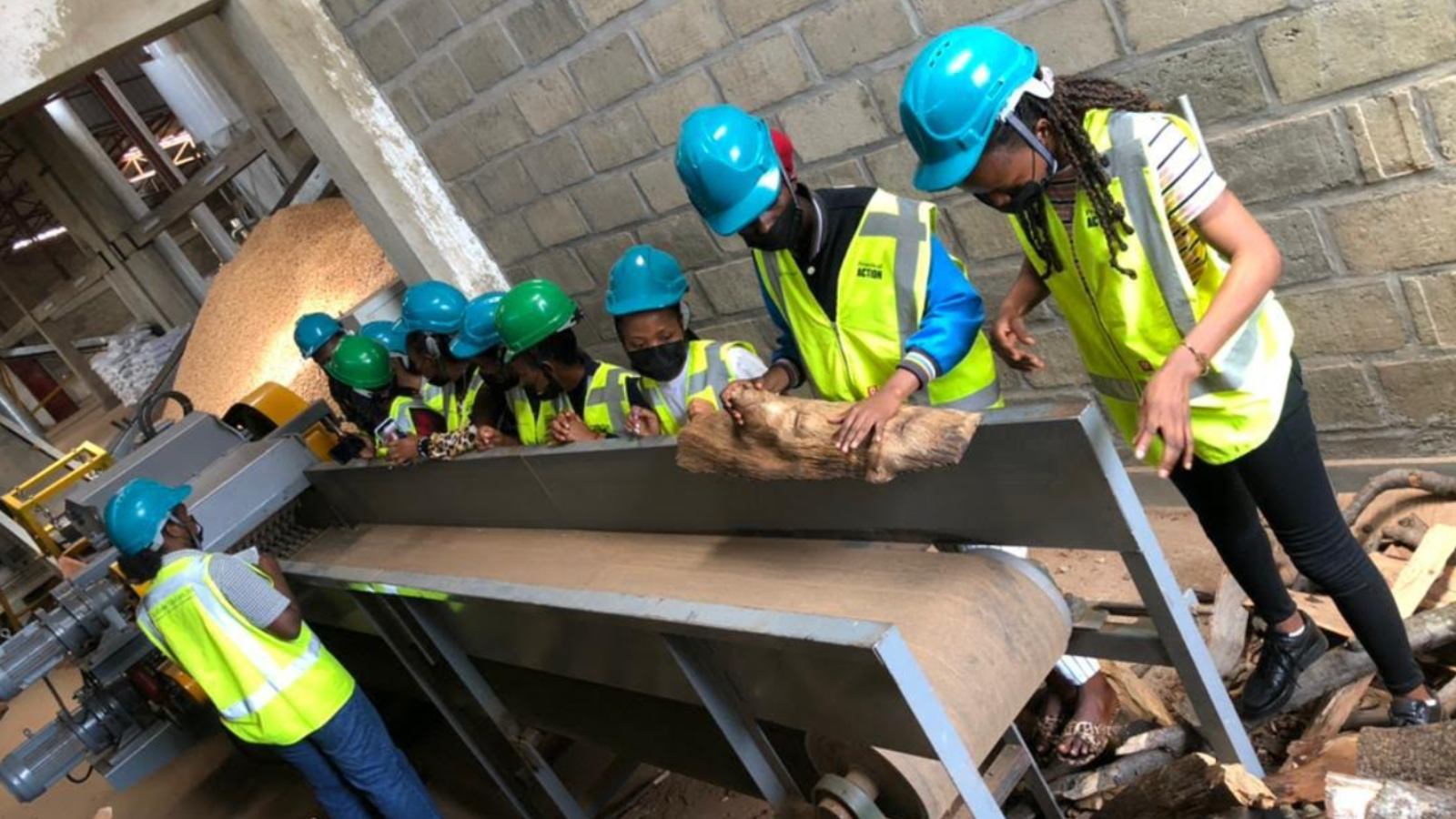

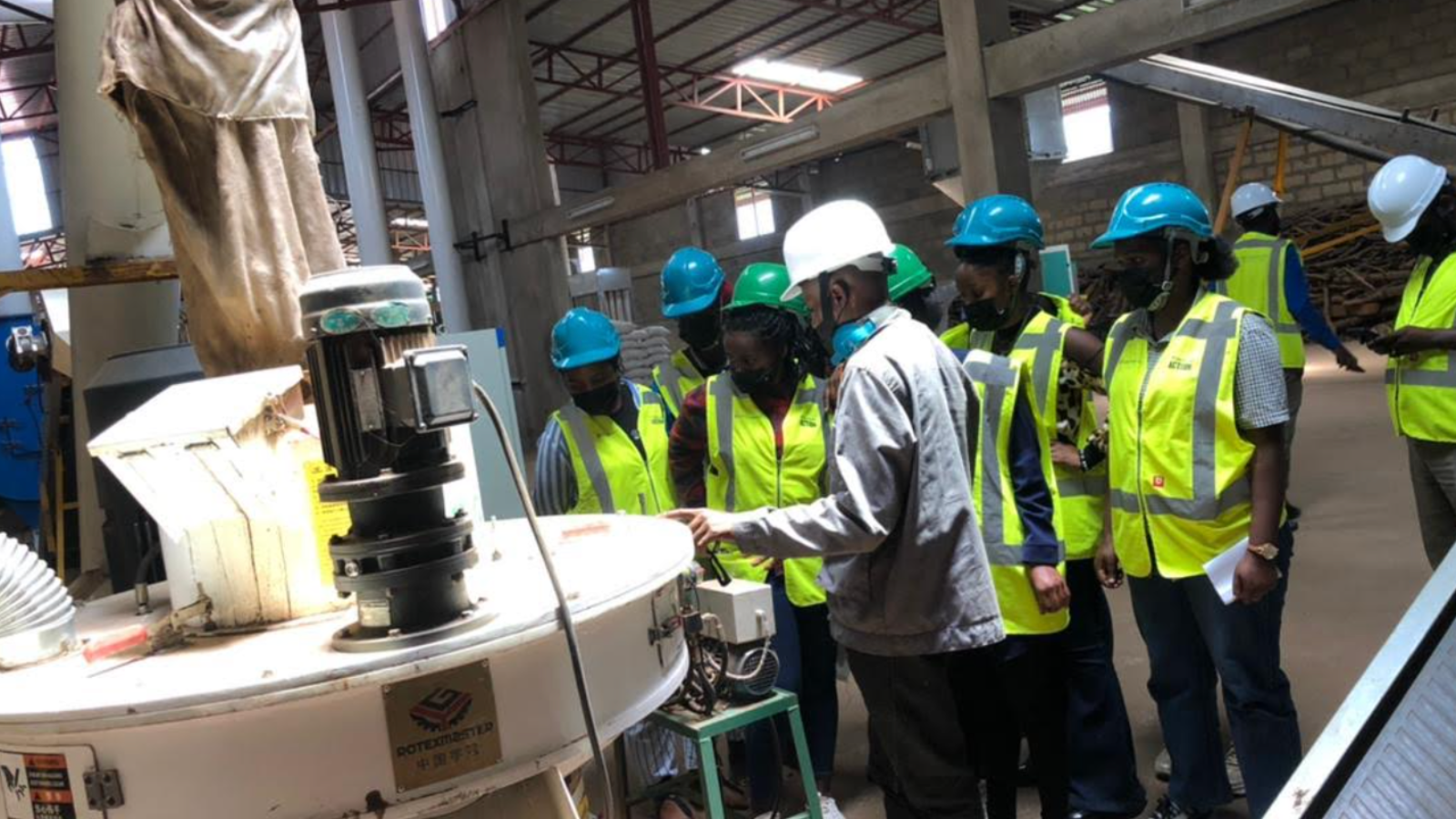
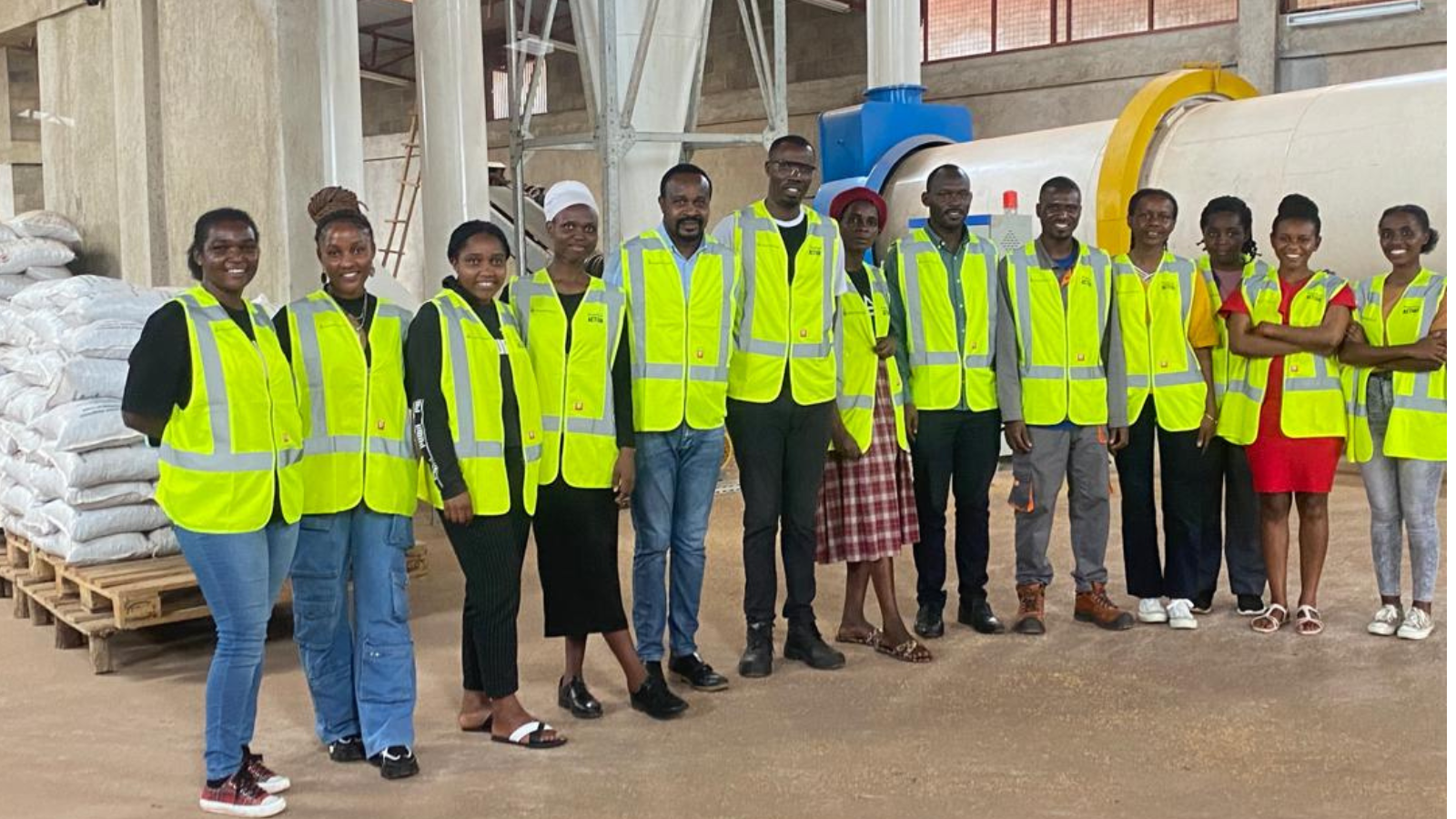
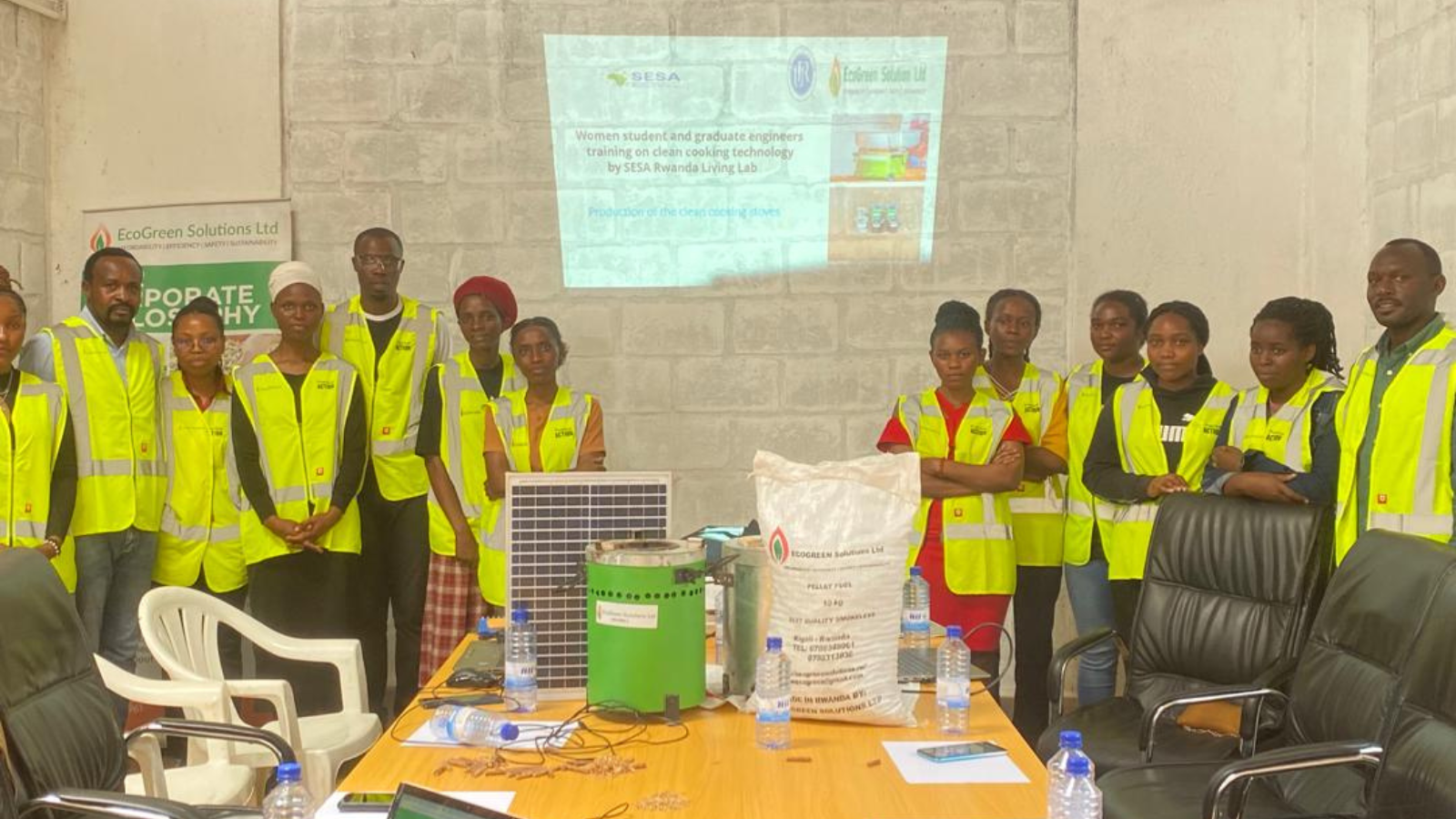
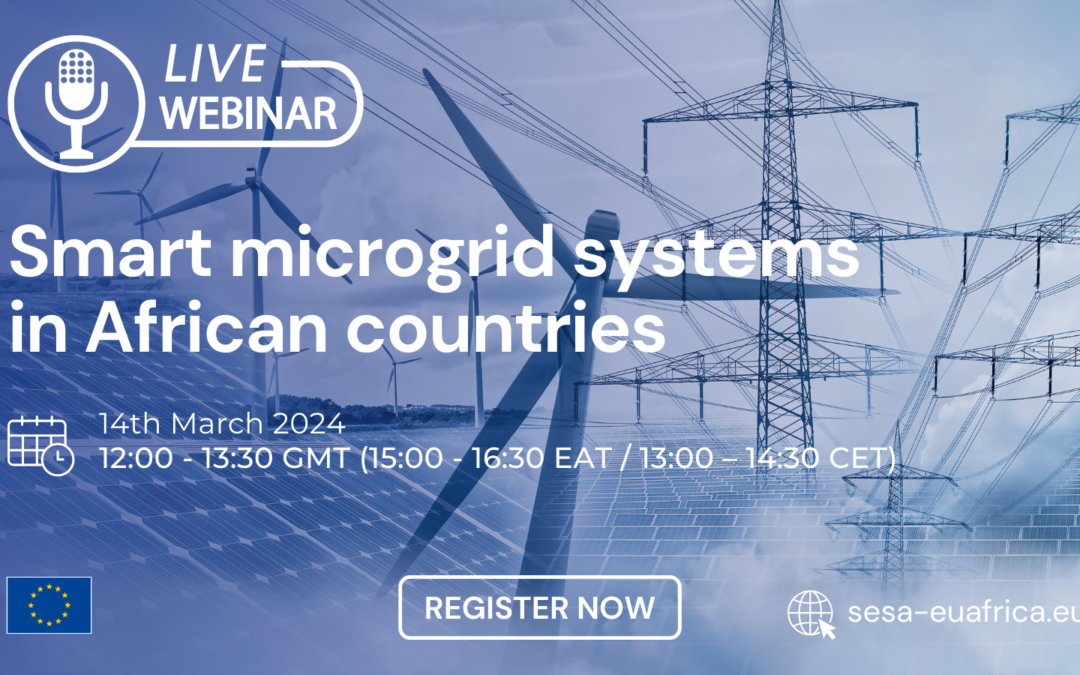

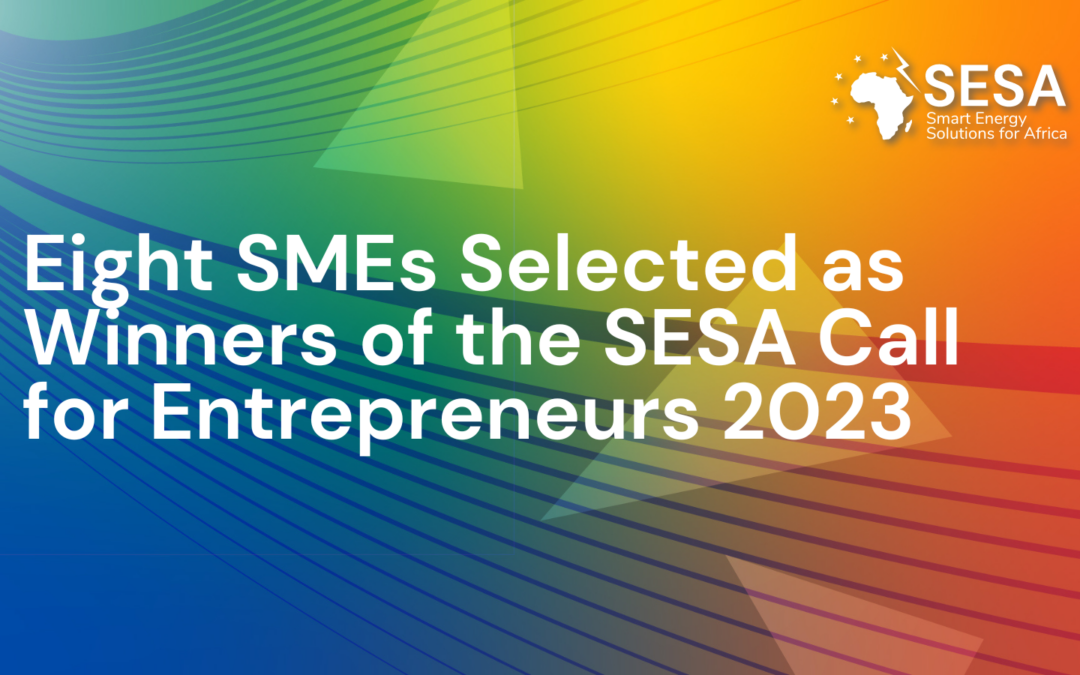
Recent Comments